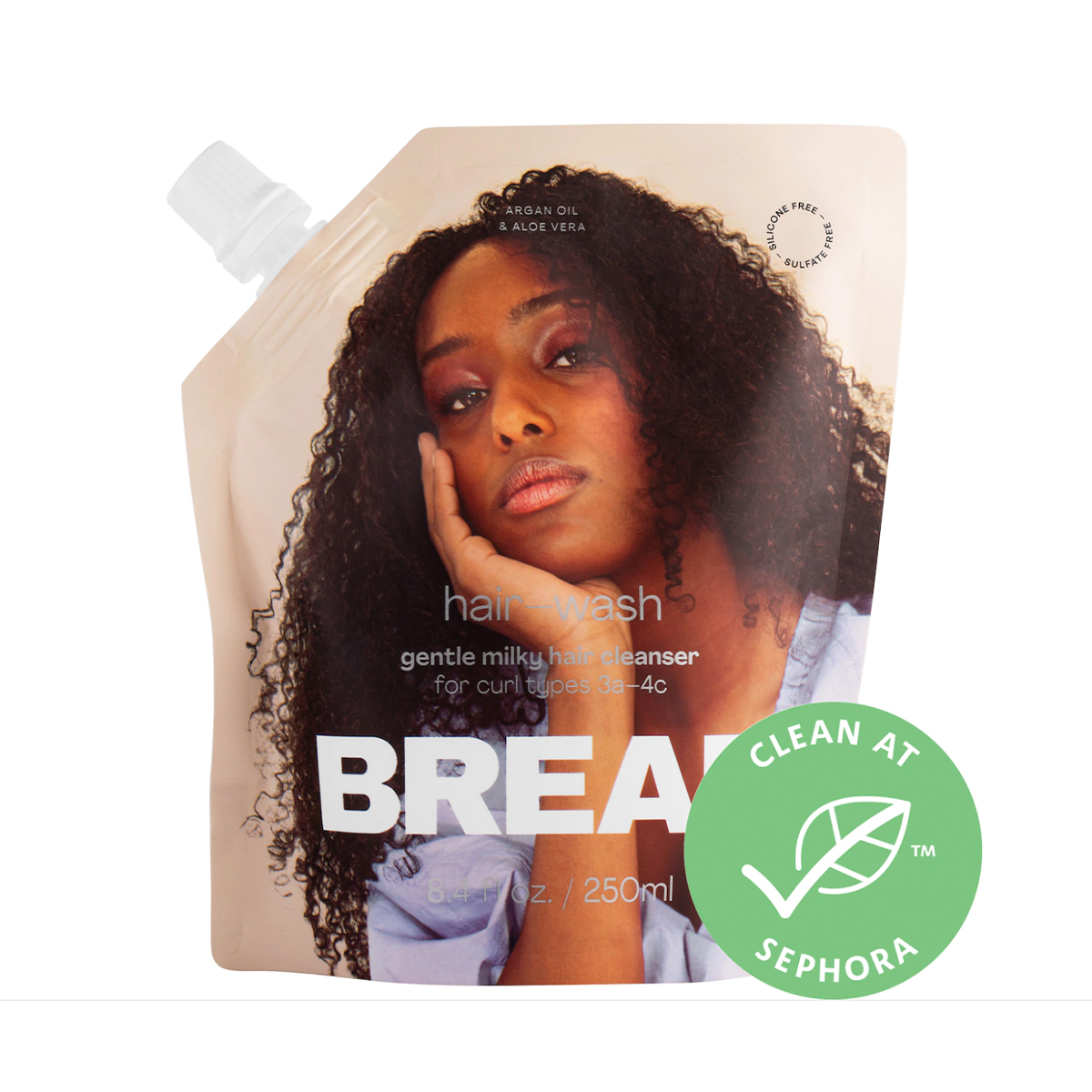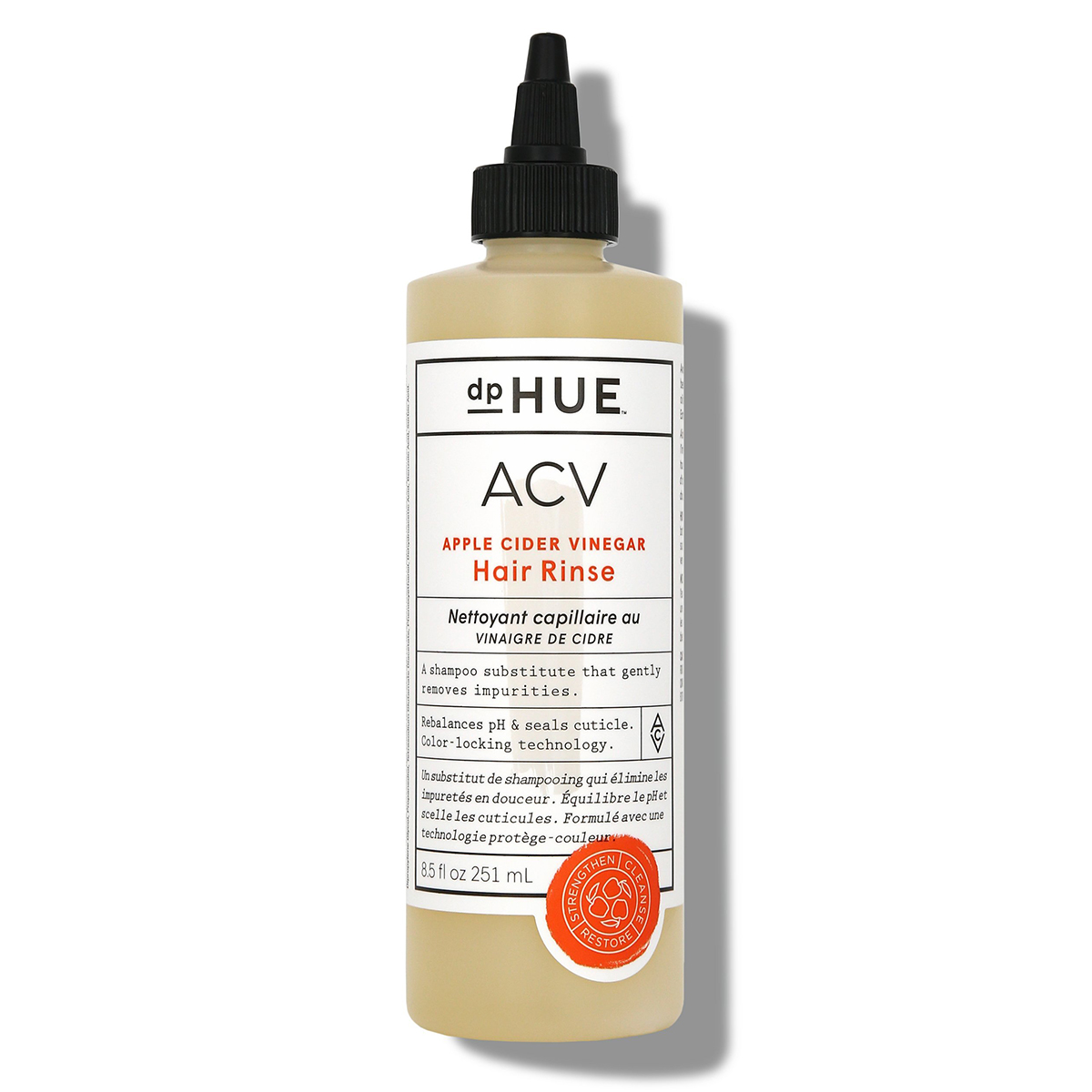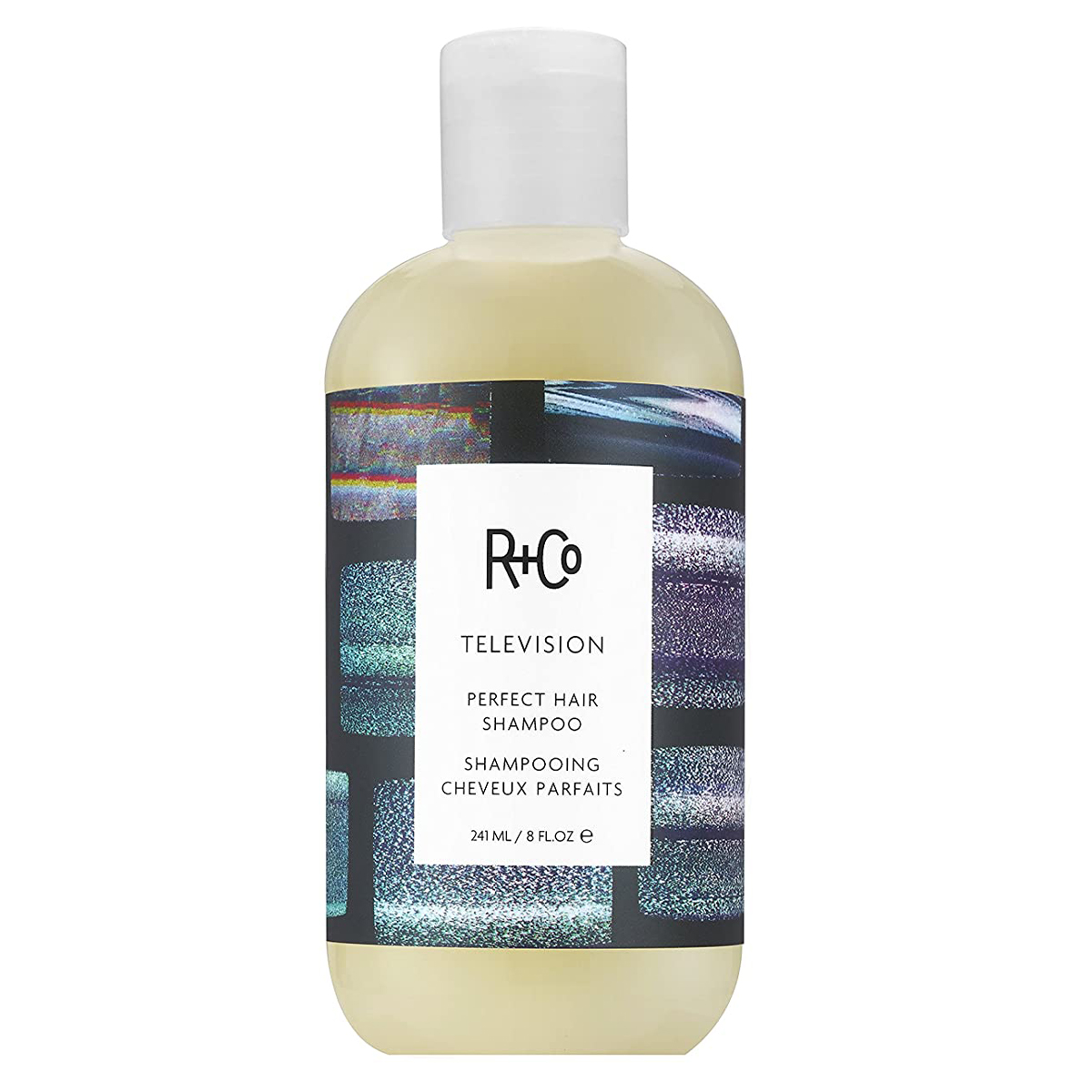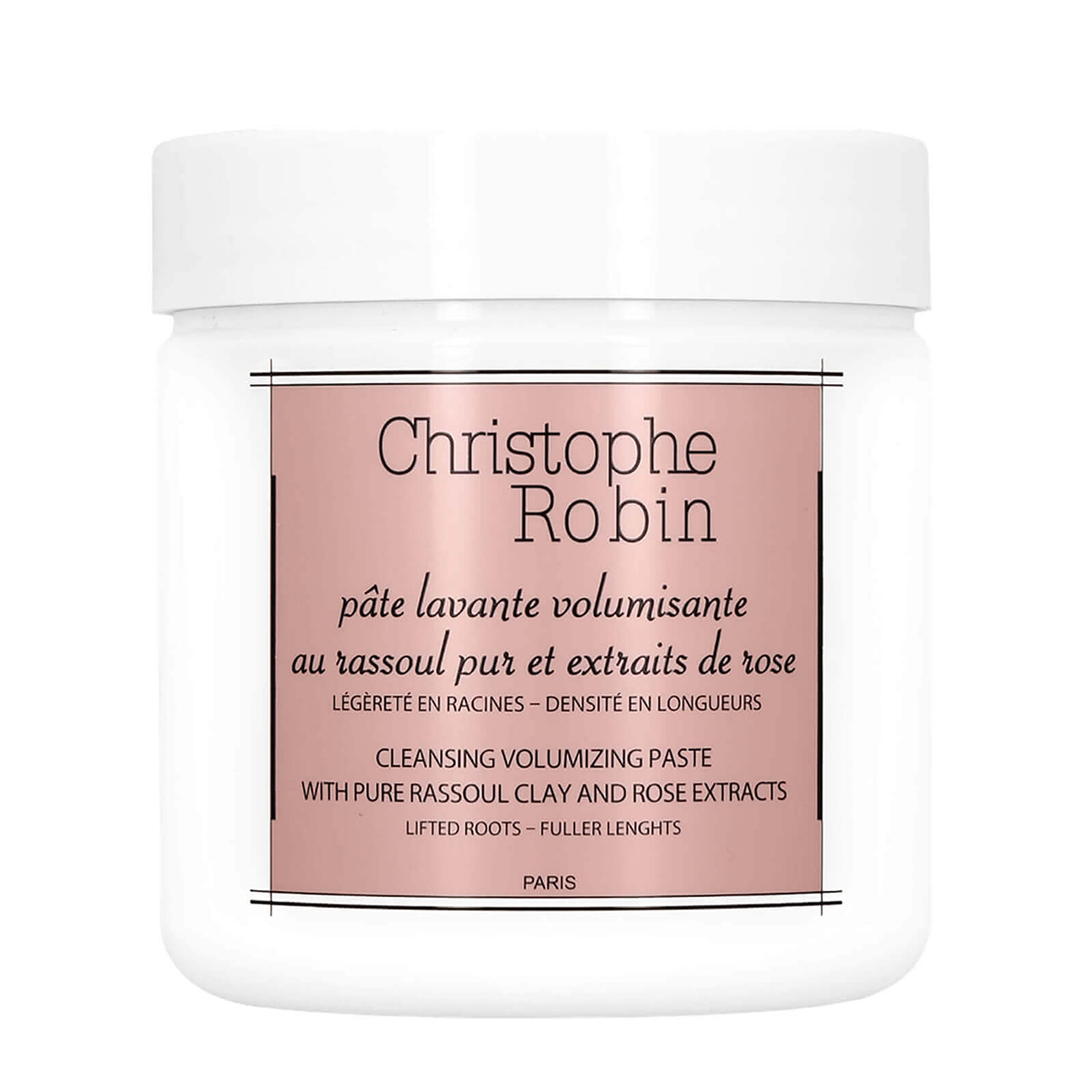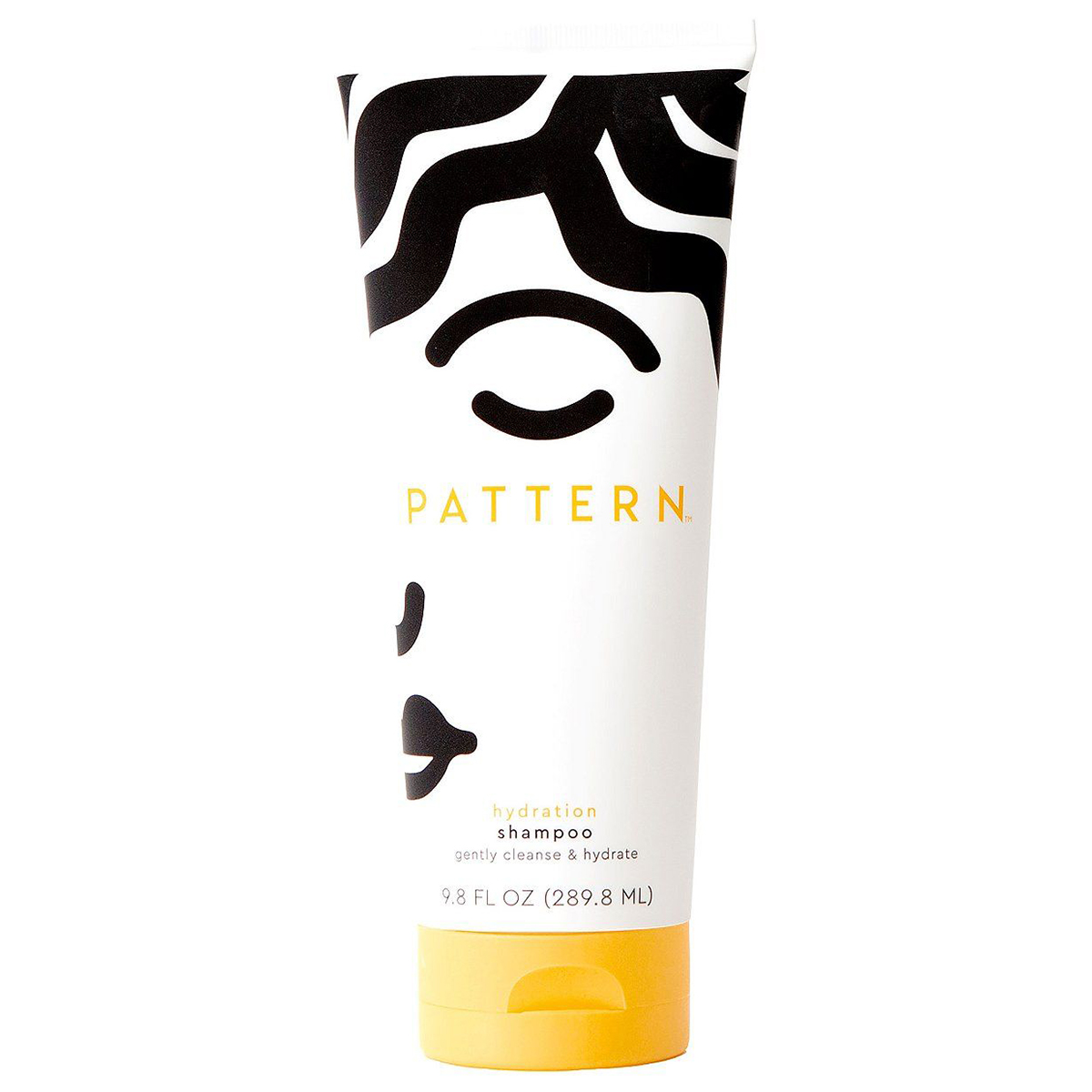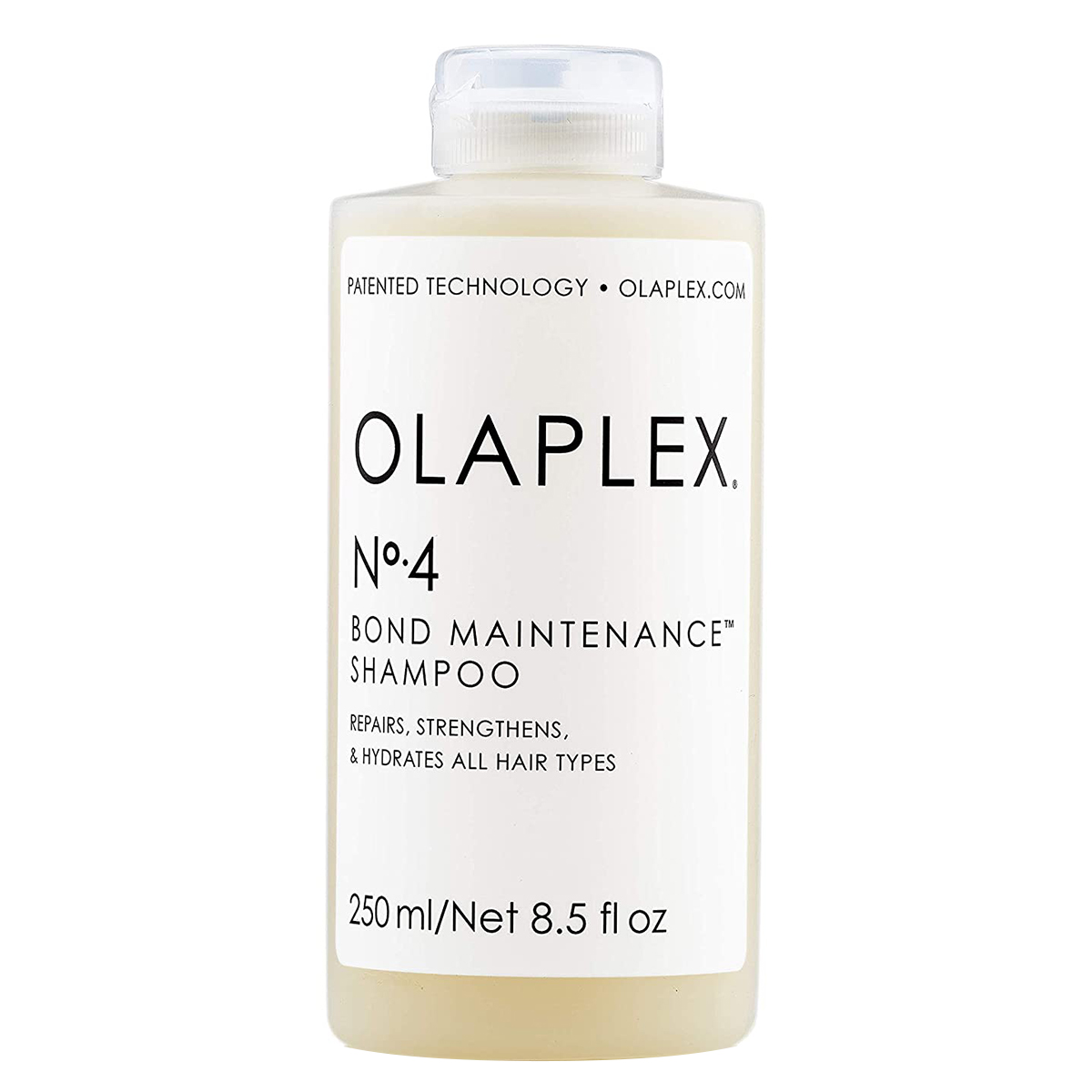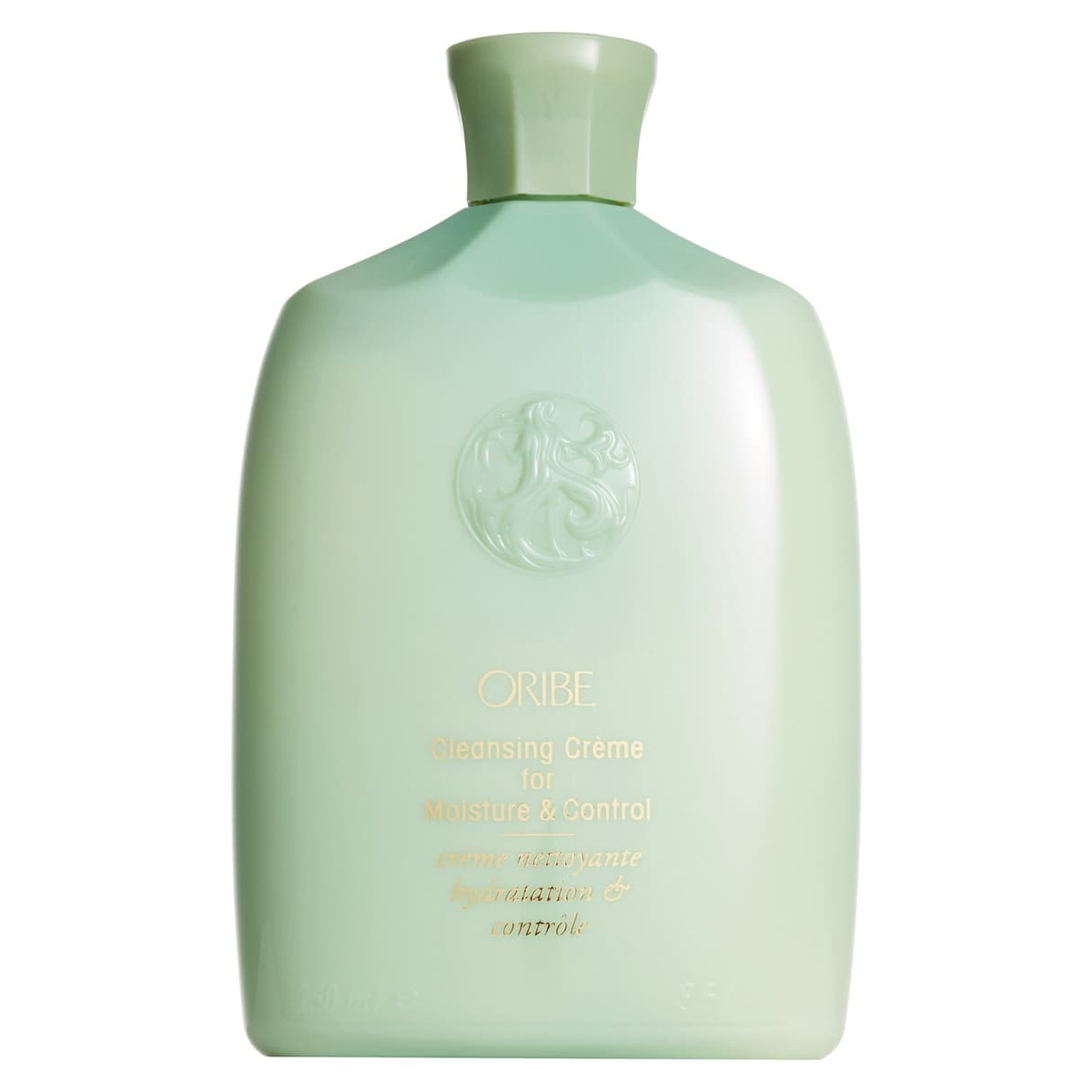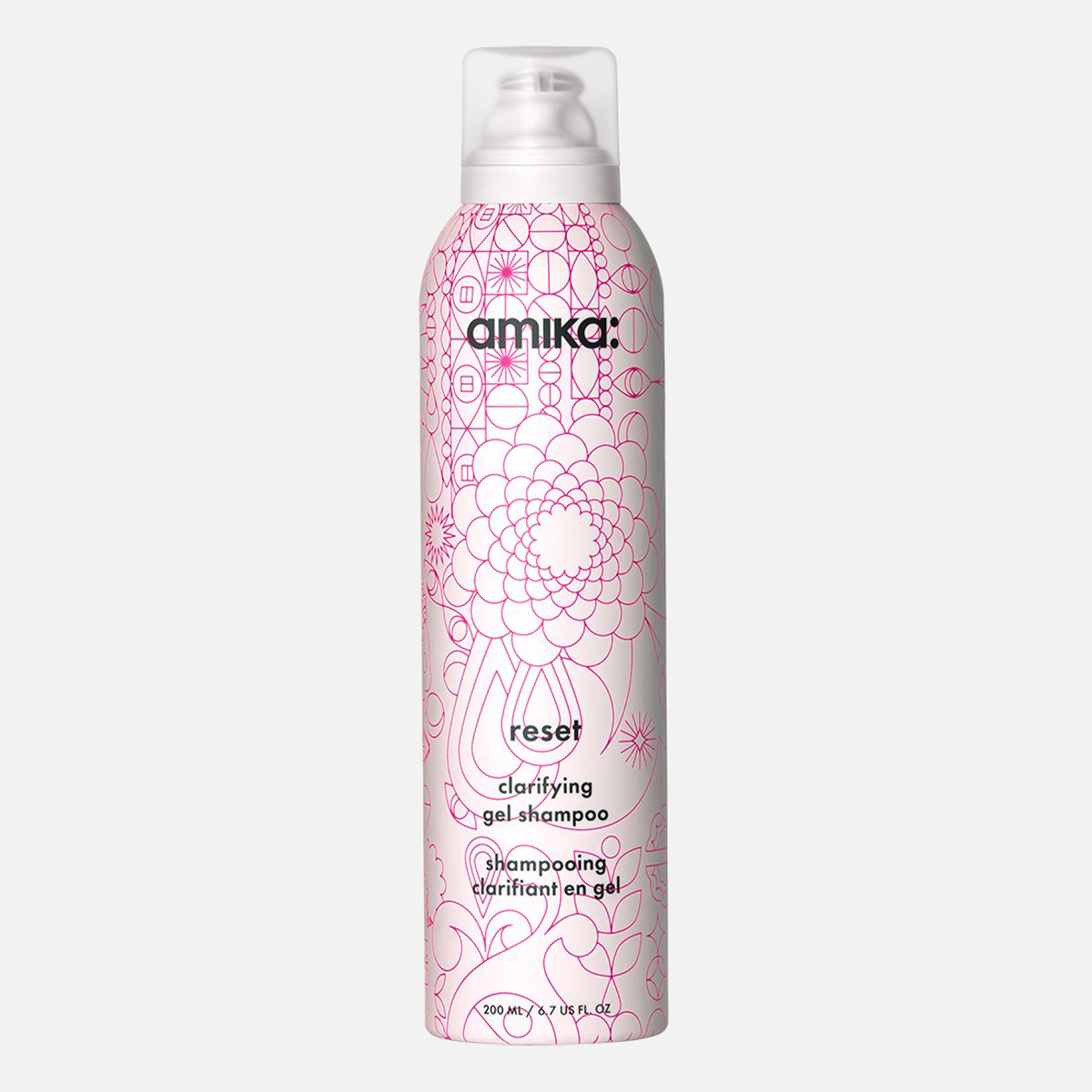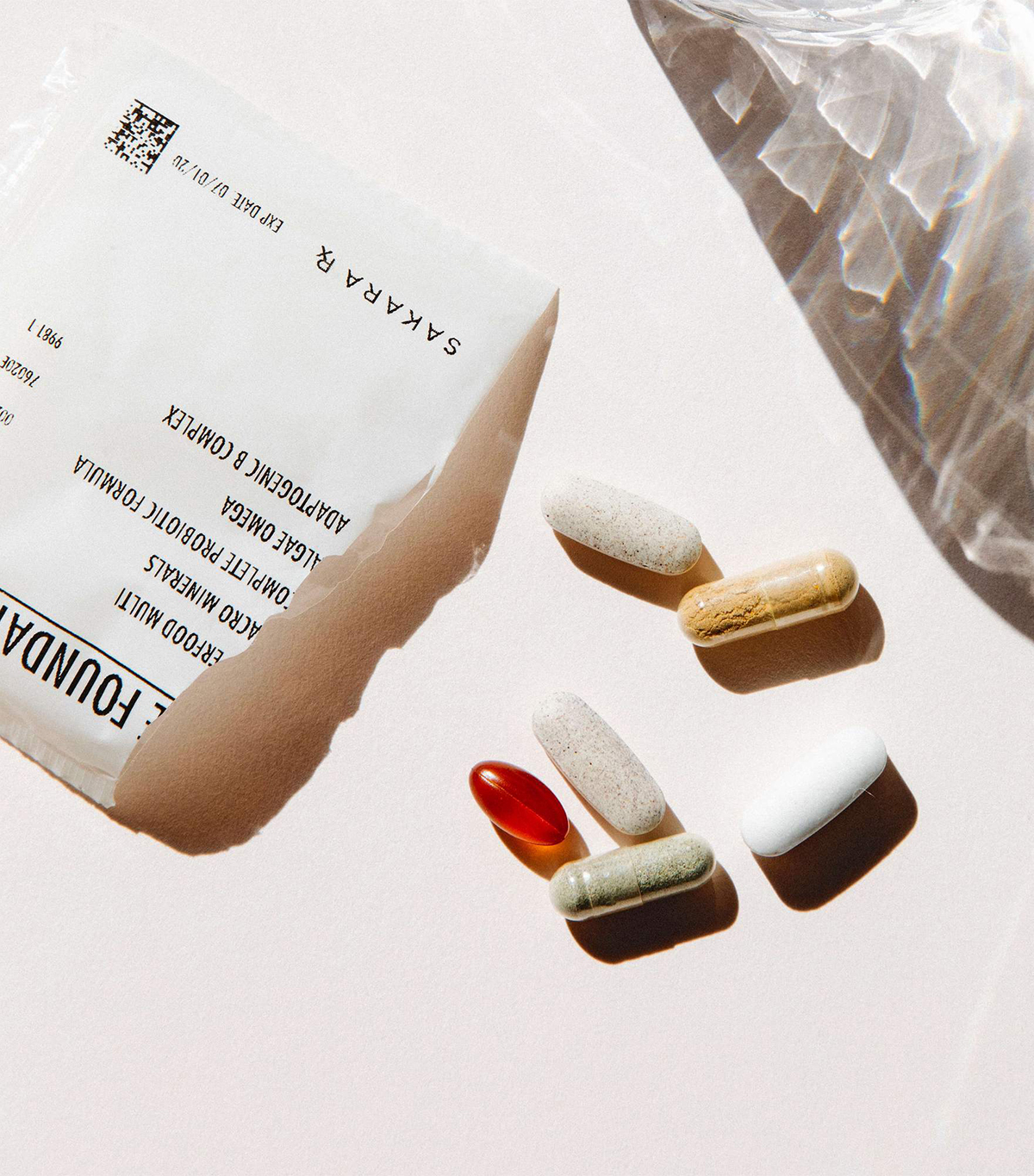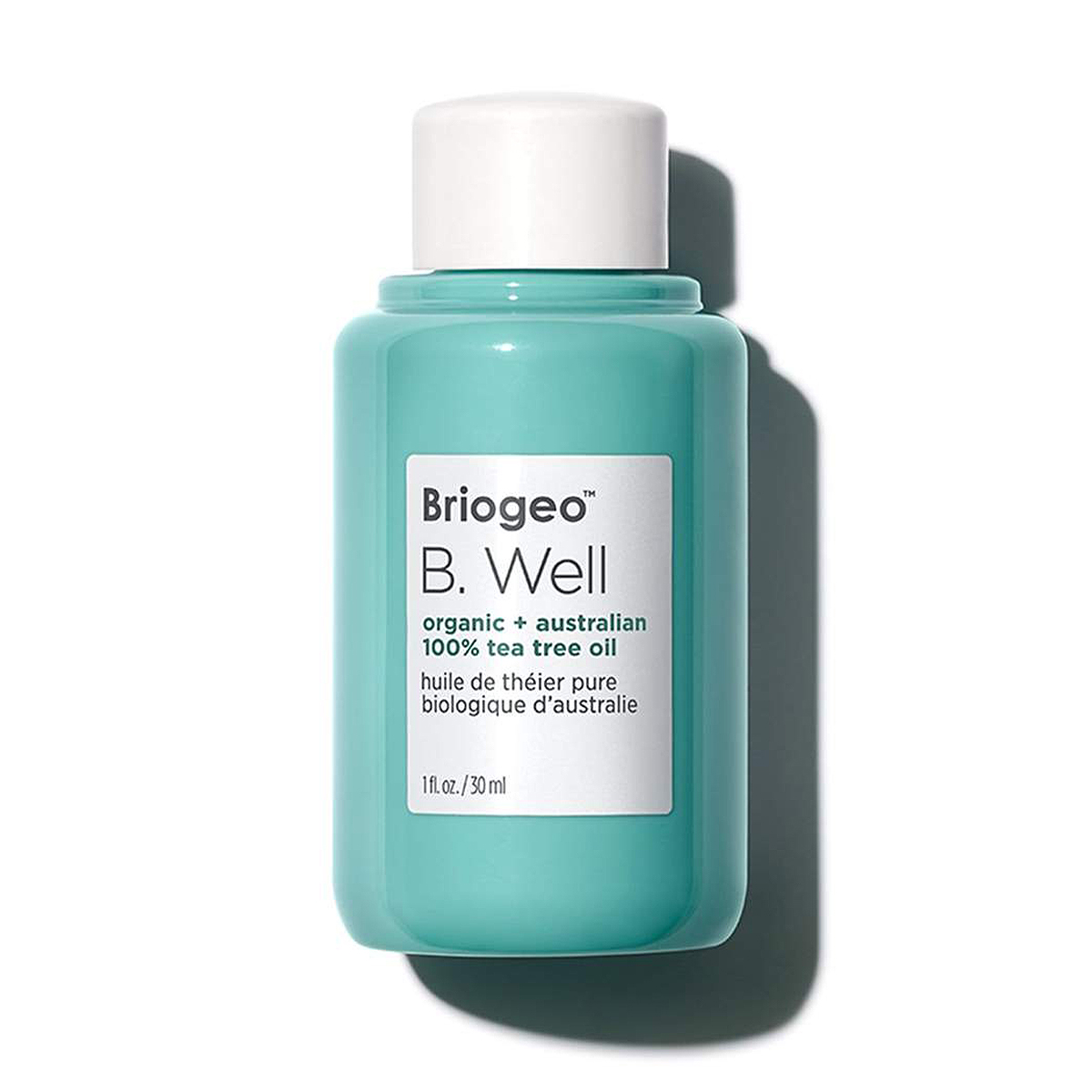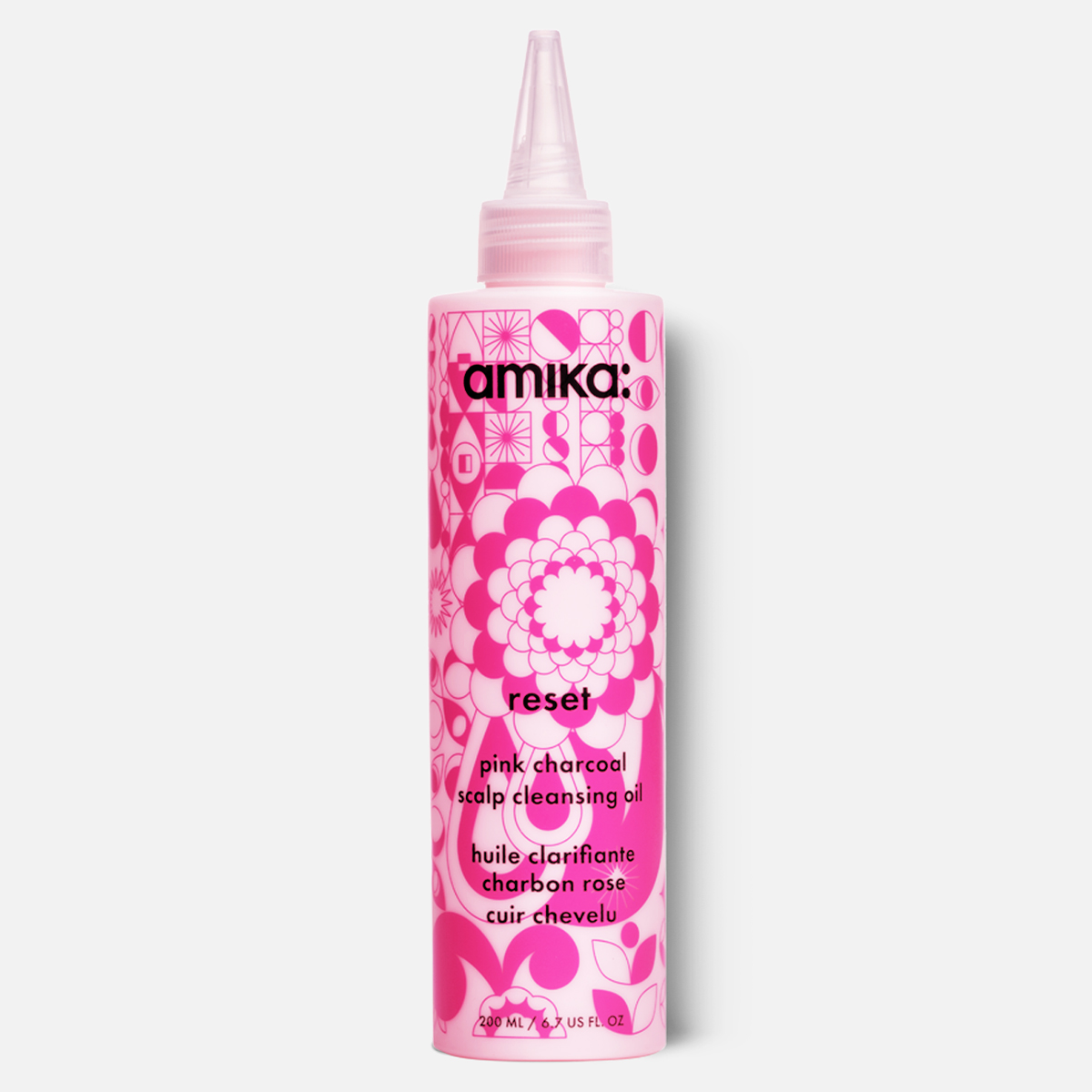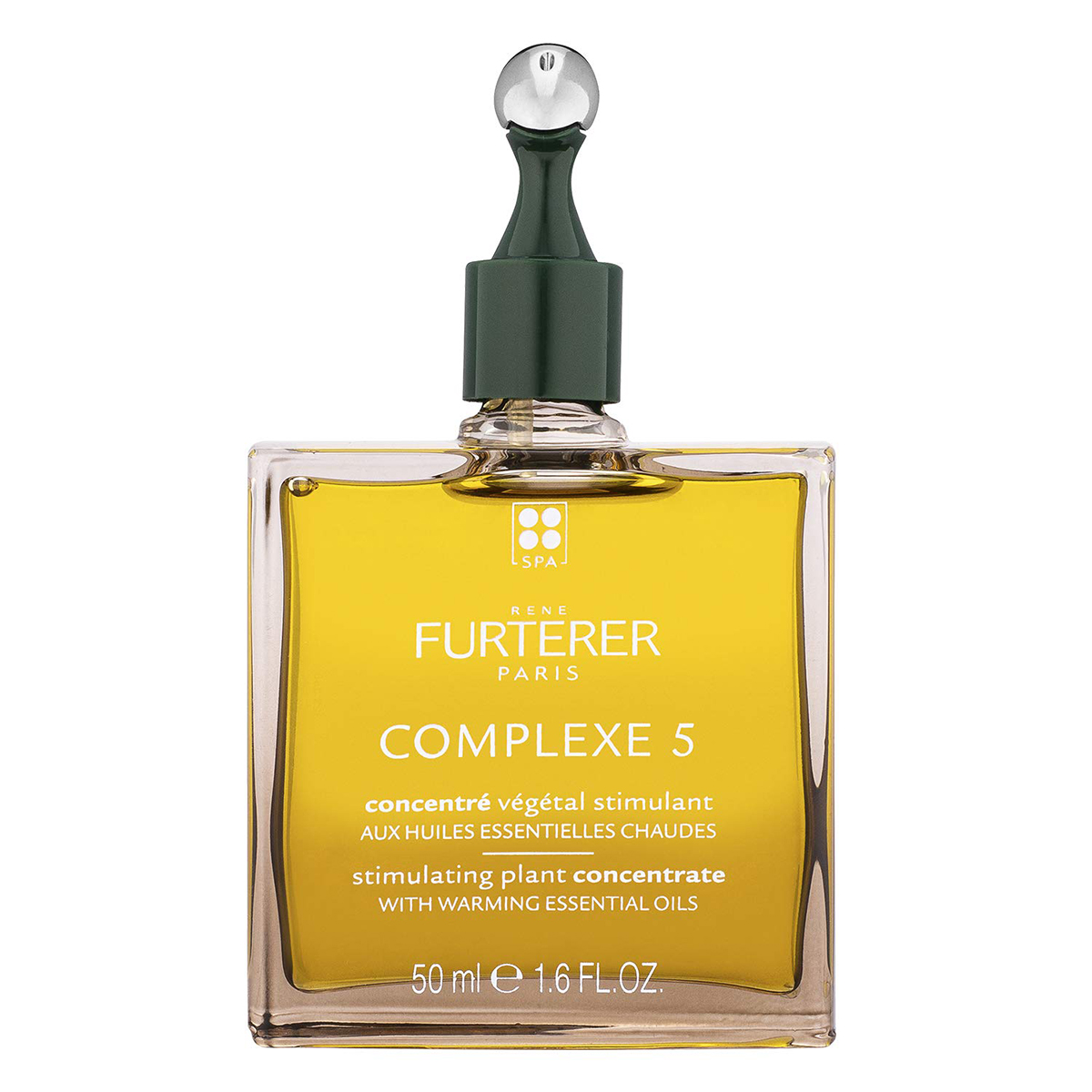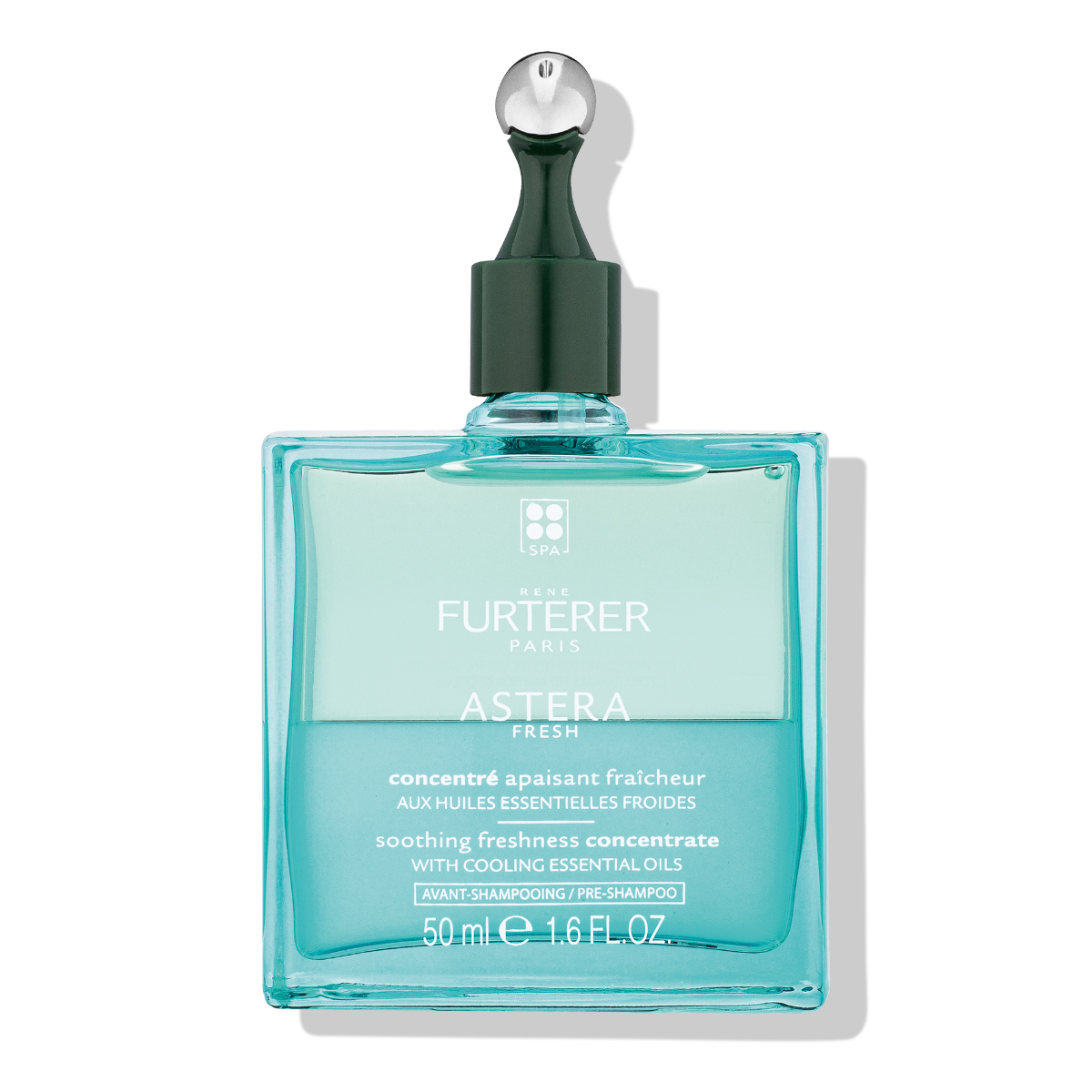FYI: This Is How Often a Scalp Expert *Actually* Wants You to Shampoo Your Hair

Am I right, or am I wrong? Being a beauty consumer in the year 2020 (or in the 21st century, period) pretty much feels like a nonstop game of two truths and a lie, which, admittedly, makes my job as a beauty reporter pretty dang dynamic. When it comes to the best products, treatments, and protocols, everyone seems to have their own opinion—the plot twist being that these opinions are often contradictory (even among certified experts!).
The world of beauty is the furthest thing from one-size-fits-all, so it makes sense that we're inundated with a grab bag of opposing viewpoints. There is no such thing as a universally miraculous serum (although some might come close) or a fancy shampoo that can de-gunk every hair texture with fairy godmother–level finesse. Differing opinions and testimonials are important in the world of beauty, but all of the he-said-she-said can make shopping for new products or honing a new routine a tad overwhelming and confusing. Sometimes, there just is no right answer, a truth especially fitting when it comes to how often we should, or shouldn't, wash our strands.
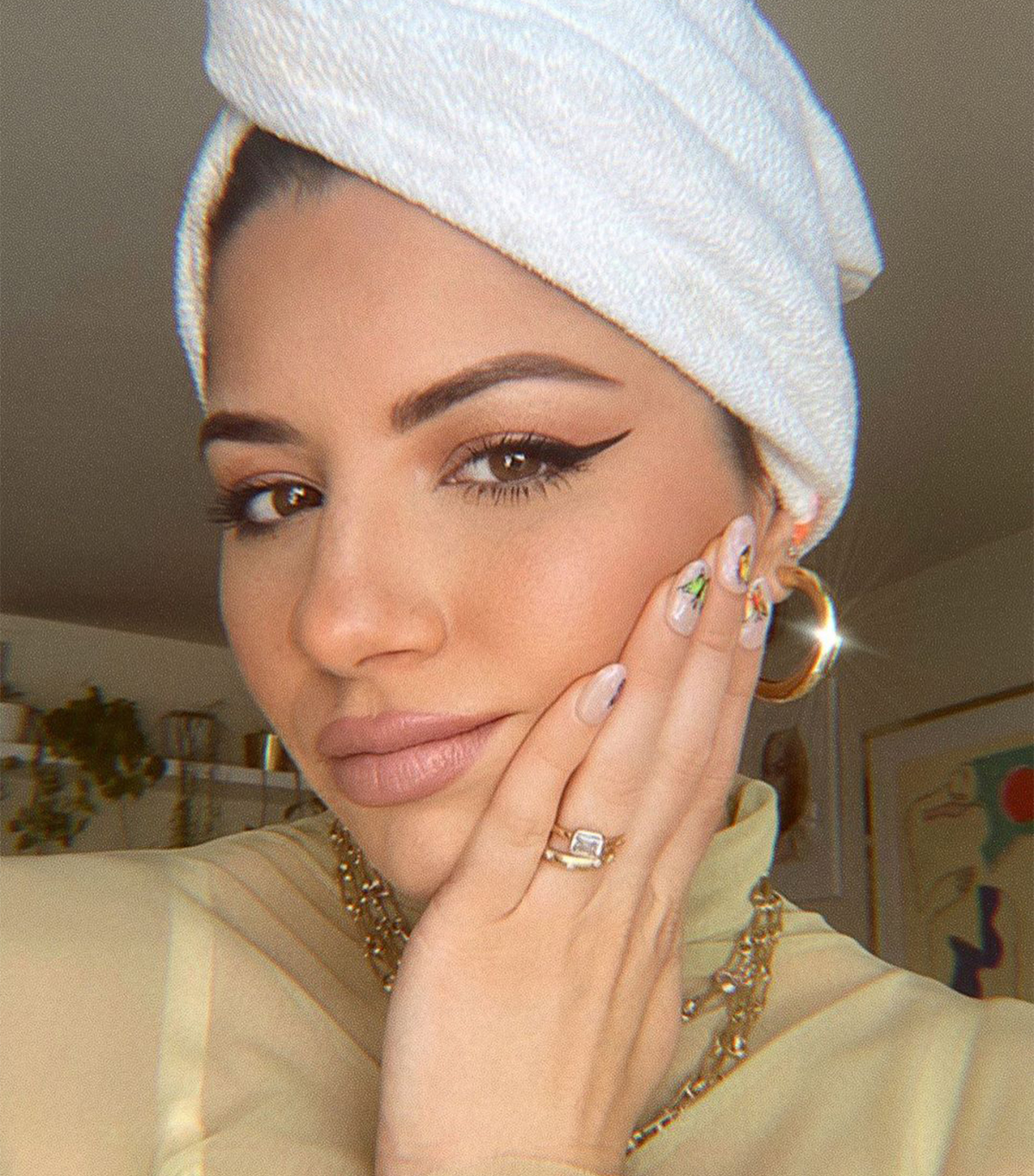
The popularity of products like dry shampoo and conditioning sprays seems to grow exponentially, and personally, my girlfriends and I seem to have an unofficial-official competition running of who can go the longest without washing their hair. (Gross, but true.) So you can imagine my surprise when I tuned in to a brand-sponsored Zoom panel a couple of months ago wherein a well-known dermatologist confidently declared we should all be washing our hair way more often than many of us actually are. Her message: To achieve optimum scalp and hair health, it's best to shampoo as frequently as your scalp and hair type can handle. (Cue a resounding echo of beauty editor jaws dropping from coast to coast.)
World-rocked and mind-blown, I knew I needed more information. (To be honest, I felt like I did when I was five and my neighbor friend disclosed Santa Clause was not, in fact, real.) Did I and the rest of human existence have it wrong? Should we not be washing our hair as infrequently as possible in the name of healthy, beautiful hair? Turns out, kinda sorta. After consulting two experts, I was able to get some closure and an answer, albeit a slightly inconclusive one. Like most things relating to beauty, how often we should or shouldn't wash our hair is incredibly unique and personal, and below, I'm diving into everything you've ever wondered on the topic with help from some of the very best hair and scalp experts.
The resounding takeaway? Our hair's health destiny has more to do with tuning in to our body's needs and tuning out everyone else's. Our bodies are smart, and if, let's say, your scalp has become increasingly dry, itchy, or flaky since you began curbing your shampoo habit, that's likely a polite SOS from your body, communicating its craving for a few more washes here and there or, perhaps, certain types of products you've forgone in favor of oil-absorbing sprays and powders. Curious to know more? Keep scrolling!
Fact or fiction: The less often we shampoo our hair, the healthier our hair will be.
According to haircare expert and certified trichologist Bridgette Hill, this is fact. That said, shampoo frequency and how often we should or shouldn't be washing our hair is highly personal, and it's not as black and white as the beauty industry has led us to believe.
"How often we should wash our hair is really individual to each person, as we don’t all have the same pH balance. We don’t all use the same products. We don’t all have the same lifestyle nor are we all living in the same environment," points out celebrity hairstylist and Amika's global artistic director, Naeemah LaFond. "All of these factors impact how often we need to wash for optimum hair health."
Plus, it's important to distinguish the difference between washing our hair (aka shampooing) and cleansing our hair. Yes, there is a difference, and it matters.
"Cleansing and shampooing shouldn't be synonymous," Hill points out right off the bat. "Shampooing is the act of removing dirt and buildup with a product that acts as a detergent—similar to how we would wash our clothes—while cleansing removes dirt and debris by way of rinsing, toning, or co-washing."
How does overshampooing impact our scalp and hair health?
"Our bodies are intelligent and in charge, and they know how to maintain the proper balance of sebum production based on our genetic makeup and health," Hill explains. "When we constantly remove the sebum from our scalp by shampooing, we're inadvertently directing the scalp to replace its existing sebum production. Because of this, there may be periods of time when our scalp is not sufficiently coated or protected from harmful bacteria, which can instigate inflammation."
According to Hill, overwashing our hair and scalp strips natural oils, which, in turn, spikes sebum production. (You've probably heard a similar tale when it comes to overexfoliating our complexions.) Hill says this can lead to overly oily hair that traps the healthy bacteria our scalp needs and craves and can trigger retaliatory buildup and odor. Unblamingly, these types of symptoms tempt us to wash our hair more frequently, which perpetuates a vicious cycle of unnecessary shampooing.
Therefore, Hill advises us to expand our idea of cleansing. Instead of relying on shampoo alone to wash and cleanse, it's ideal to embrace a cleansing regimen where we might simply rinse our hair with water on a daily basis, use a scalp or hair tonic in lieu of our go-to shampoo, or apply an apple cider vinegar rinse instead. "These are all forms of scalp and hair cleansing that are just as effective and nourishing," explains Hill. "I suggest alternating these alternative cleansing methods with your shampoo ritual to achieve optimal hair and scalp health."
What about undershampooing?
Of course, not shampooing enough can cause its own set of problems, and both Hill and LaFond say consulting a hair expert (plus some good, old-fashioned trial and error) is the best way to hone in on your scalp's optimal healthy hair routine. According to Hill, being neglectful with shampooing and/or cleansing can lead to scalp congestion, inflammation of the hair follicles, and/or the exacerbation of underlying dormant conditions, which may lead to hair loss and shedding.
So how often should we shampoo?
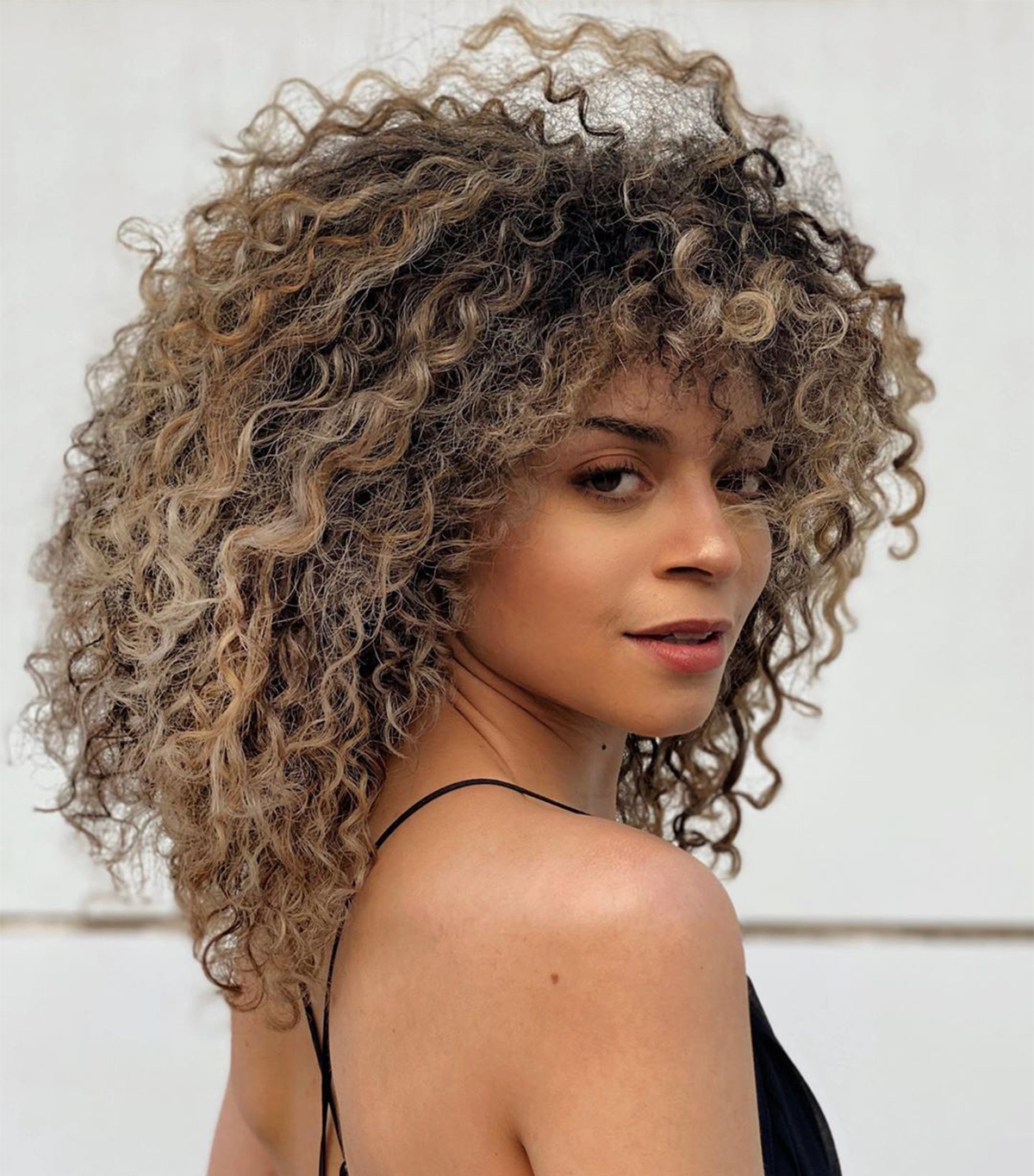
As LaFond mentioned earlier, there isn't a straightforward answer to this question. How often we should or shouldn't shampoo depends on so many factors—from our environment to our genetics to the products we use and our body chemistry.
"There is no blanket shampoo statement for each hair type," LaFond tells us. "There is fine, coarse hair and thin, coarse hair, just as there is dry color-treated hair and oily color-treated hair. It all really depends on the person. Having a proper consultation with your haircare professional can help you determine what the best regimen is for you."
That said, if you're in need of general guidance until you can consult an expert, Hill typically recommends the following shampoo protocol: Those with fine to medium hair shouldn't shampoo more than three times a week, and those with thick, coarse, or curly hair should shampoo no more than once a week.
Below, Hill's sharing her more-specific prescription for coarse, curly, and coily hair textures.
Fine to medium hair with straight to loose curl texture:
"These textures may need to cleanse every other day, but without disrupting the scalp's microbiome," notes Hill. "If someone with this hair texture uses a lot of product for hold and lift, an every-other-day cleanse may be needed. I suggest using a gentle nourishing shampoo for a few of those frequent cleanse days to help retain moisture throughout the hair and scalp."
Hill also suggests adding a treatment-focused, clay- or mineral-based shampoo to your routine, which will slow sebum production and naturally help regulate your scalp's oil levels.
Fine to medium hair with medium to very tightly coiled texture:
"This hair type may also need to shampoo every other day, but this is where the quality and type of shampoo changes," Hill explains. "Fine, curly haired clients should regularly use moisturizing shampoo formulas while alternating in a conditioning shampoo every so often as well."
Medium to thick hair with straight to loose curl texture:
According to Hill, this texture and hair type shouldn't shampoo more than every two to three days, aiming for roughly once a week for the healthiest outcome. More than likely, it will take some trial and error until you figure out your best style and routine.
Medium to thick hair with loose curl or tightly coiled texture:
"This texture type encompasses a wide range of cultures and ethnicities, and your wash frequency is best guided by characteristics of the genetic hair structure," Hill tells us. "For example, as a Black woman, my genetic hair structure does not perform best if the hair is overcleansed—it creates too much disruption to the cuticle. Therefore, I chose to rinse daily and shampoo very infrequently."
Tightly coiled texture:
"This hair type is varied and very delicate," says Hill. "Typically, tightly curled and coiled hair textures shy away from frequent shampooing and incorporate cleansing scalp tonics and oils in addition to a high-quality detoxifying shampoo. I refer to this as a scalp-cleansing regimen, and it requires daily, active participation, paying attention to what your scalp needs and how it feels—similar to how you might evaluate your complexion before beginning your skincare regimen. I recommend alternating between detoxifying oils, water-based tonics, and serums. You should only need to shampoo every 10 to 14 days or so."
The Expert-Approved Healthy Scalp & Hair Commandments
When in doubt, consult a dermatologist or certified trichologist. Even though the beauty market offers every kind of scalp and hair antidote we could dream of, it's still important to get an expert opinion before diving into bottles of supplements and hair treatments. Hill reiterates that anyone dealing with major scalp buildup or heavy flakiness should refrain from using anything on their scalp until they have been analyzed or diagnosed by an expert.
Pay attention to how your body feels as a whole because true scalp and hair health begins from within. Regardless of how on point your haircare might be, if other important things (like sleep, stress levels, etc.) are discordant, they can have a direct impact on the health, feel, and appearance of our strands. Unfair, but true. "The most important factor for scalp and hair health is your overall health and wellness, and it's imperative that our industry starts to make these connections," Hill tells us.
Eat foods that make your body feel its best because your scalp and hair will also reap their benefit. "The second factor of utmost importance is diet," says Hill. "Foods that are not beneficial for the body will not be beneficial to the scalp and hair. Anything that causes inflammation is going to have a negative impact on our body and hair over time." Hill suggests minimizing inflammation-causing foods as much as possible and limiting yeasts and gluten.
Treat yourself to frequent scalp massages. Hill says all hair types and textures can benefit from pre-shampoo scalp treatments. On the days you are shampooing, she recommends pretreating your strands with oil and massaging the product into your scalp before you shampoo. If you've noticed a particularly itchy scalp, Hill explains the culprit could be anything from dandruff to congestion—aka the muscles in your scalp aren't firing as fast as they should be. To help things along, she recommends massaging your scalp with peppermint-, tea tree-, and/or citrus-based oils to wake things up and stimulate circulation. Not to mention, strategic scalp massages like this can also help decongest a stuffed-up scalp.
"Start your massage at the nape of the neck, using both hands and working your fingers up the head to the crown," directs Hill. "Then, work from the base of the ear to the top of the head on both sides. There’s a lot of area to cover, so take your time." Hill suggests spending three to five minutes on your massage, which will help soften stubborn, built-up skin cells while also encouraging exfoliation for optimum blood flow.
The Healthy Haircare Shopping List
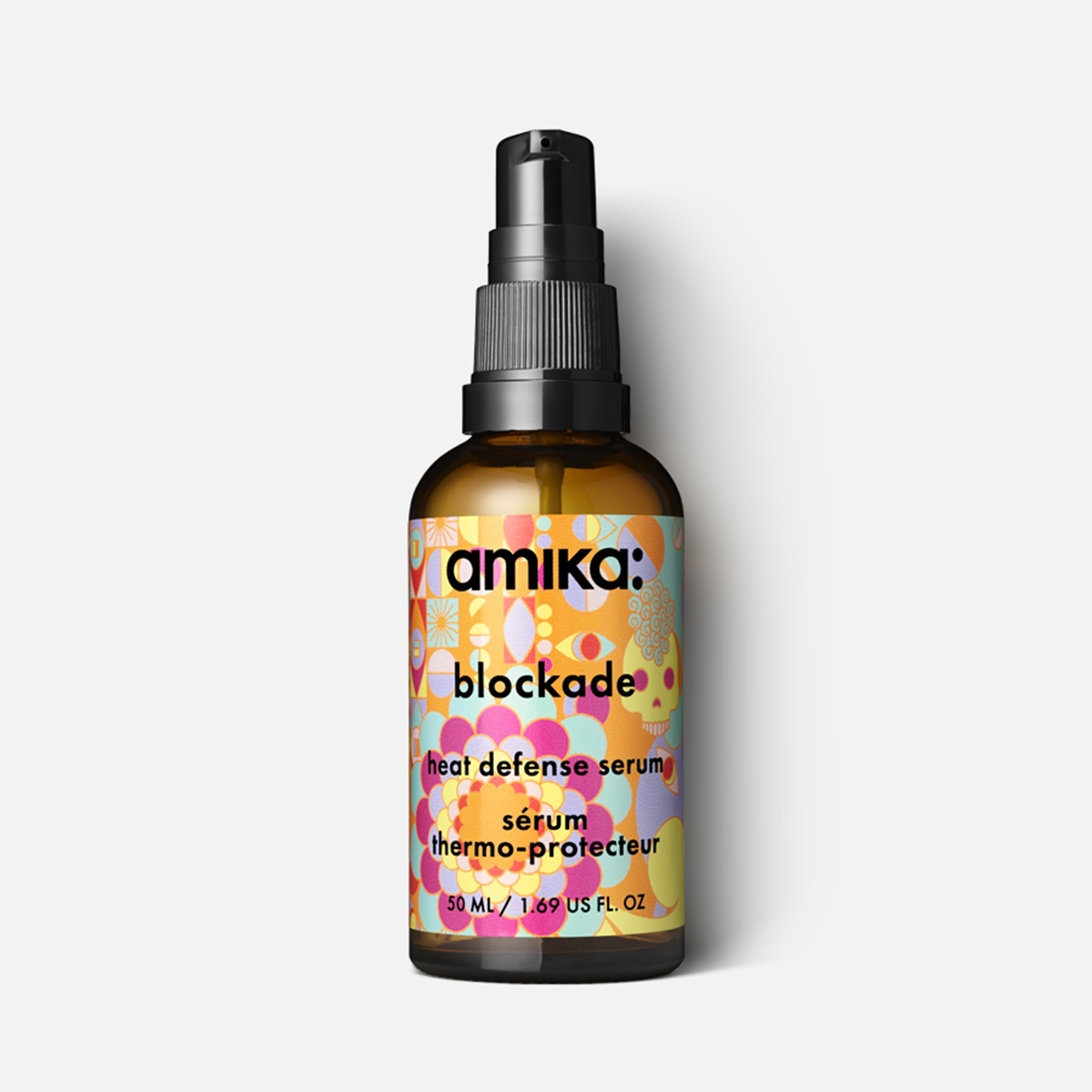
"Using a heat protectant like this one from Amika is an essential product that applies to all hair types," LaFond notes. She explains this is especially true for those with vulnerable strands—whether your hair is naturally fine and delicate or compromised healthwise due to frequent color treatments.
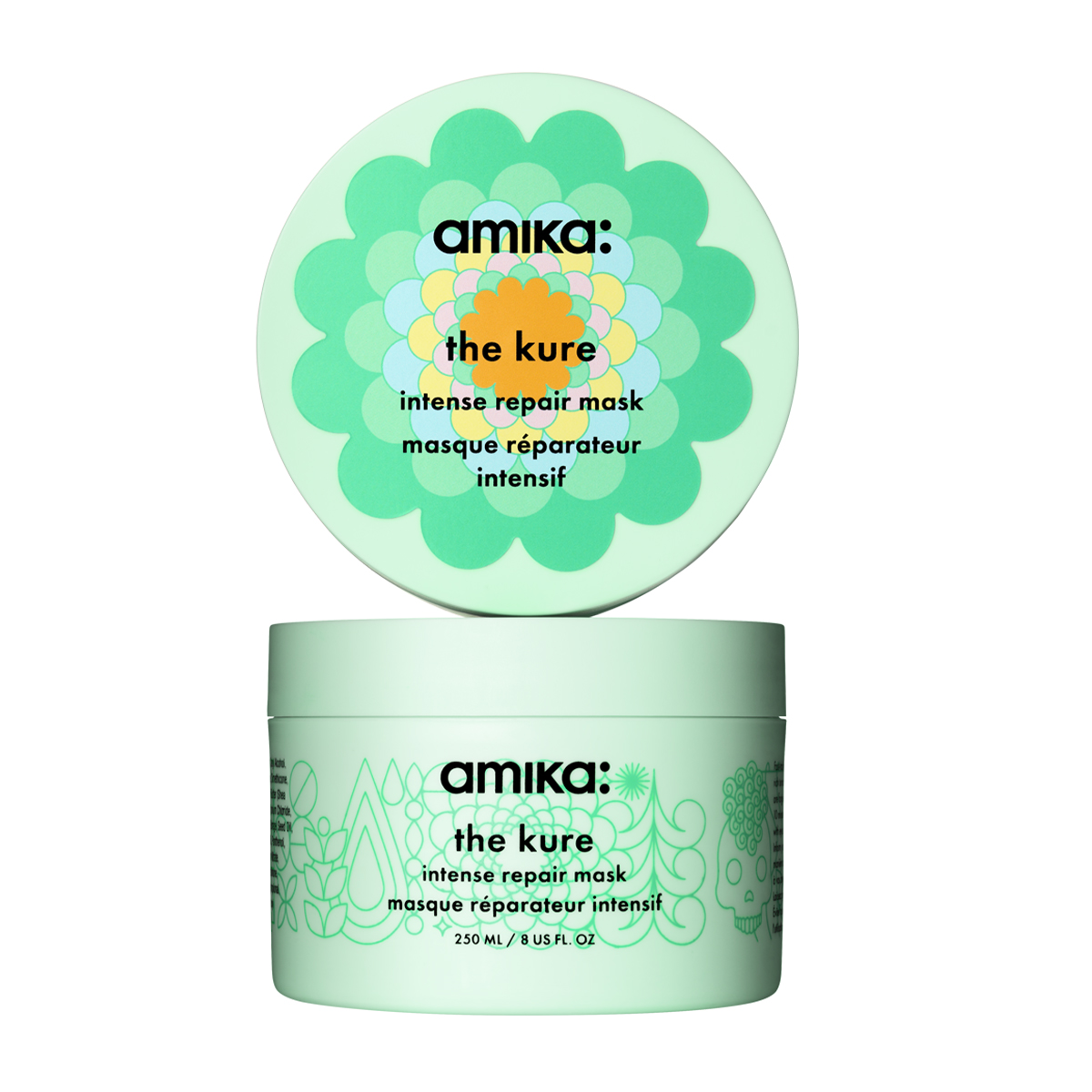
"Coily hair needs extra moisture and hydration to keep it from tangling and also to prevent breakage," LaFond tells us. "At the end of the day, all hair needs the same love, just in different amounts. When it comes to hair health, hydration, protection, cleanliness, and strength all go a long way no matter how fine, thick, curly, or straight your hair is."
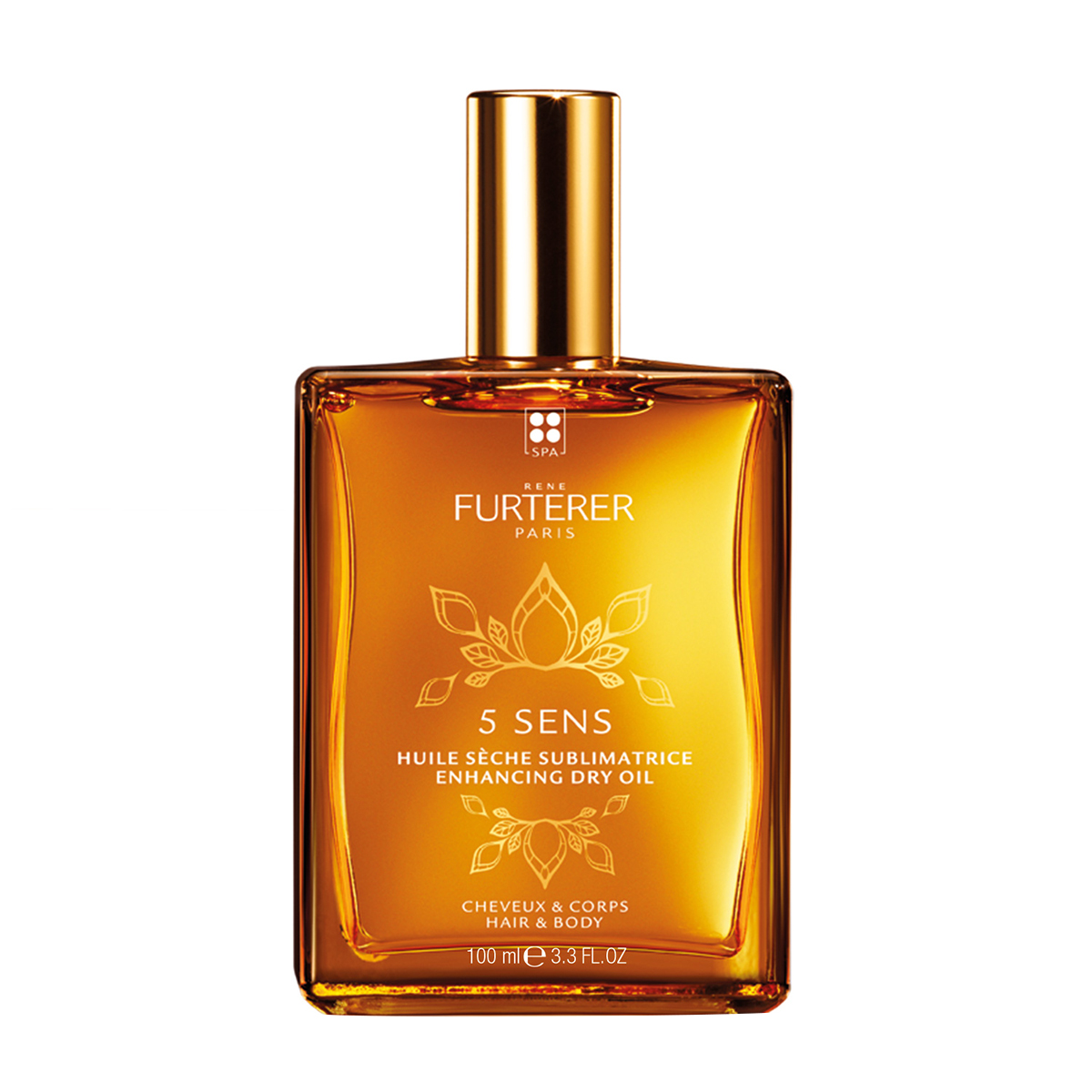
Hill encourages anyone with a normal scalp who might experience once-in-awhile tightness or flaking to apply this as an overnight treatment prior to a thorough morning shampoo. "Normal to minimally dry scalps benefit from the combination of oils, like the fatty acids from avocado oil as well as the coating and protection properties from jojoba oil," she explains.
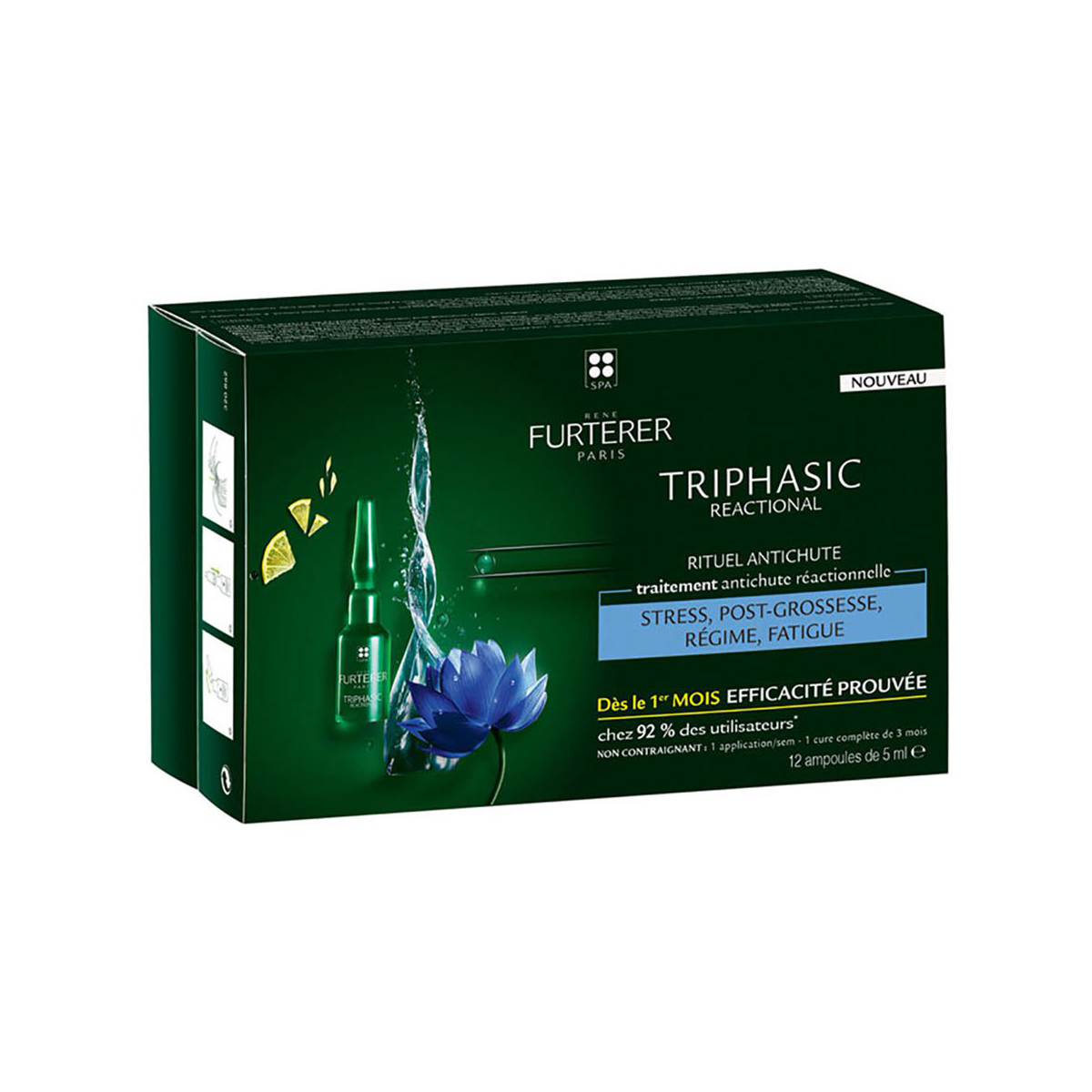
"This product is positioned for hair loss. I recommend it for preventive loss and as an overall hair health tonic," shares Hill. "It has the necessary ingredients to support the scalp and hair at a cellular level by maximizing essential bodily nutrients required for healthy hair."
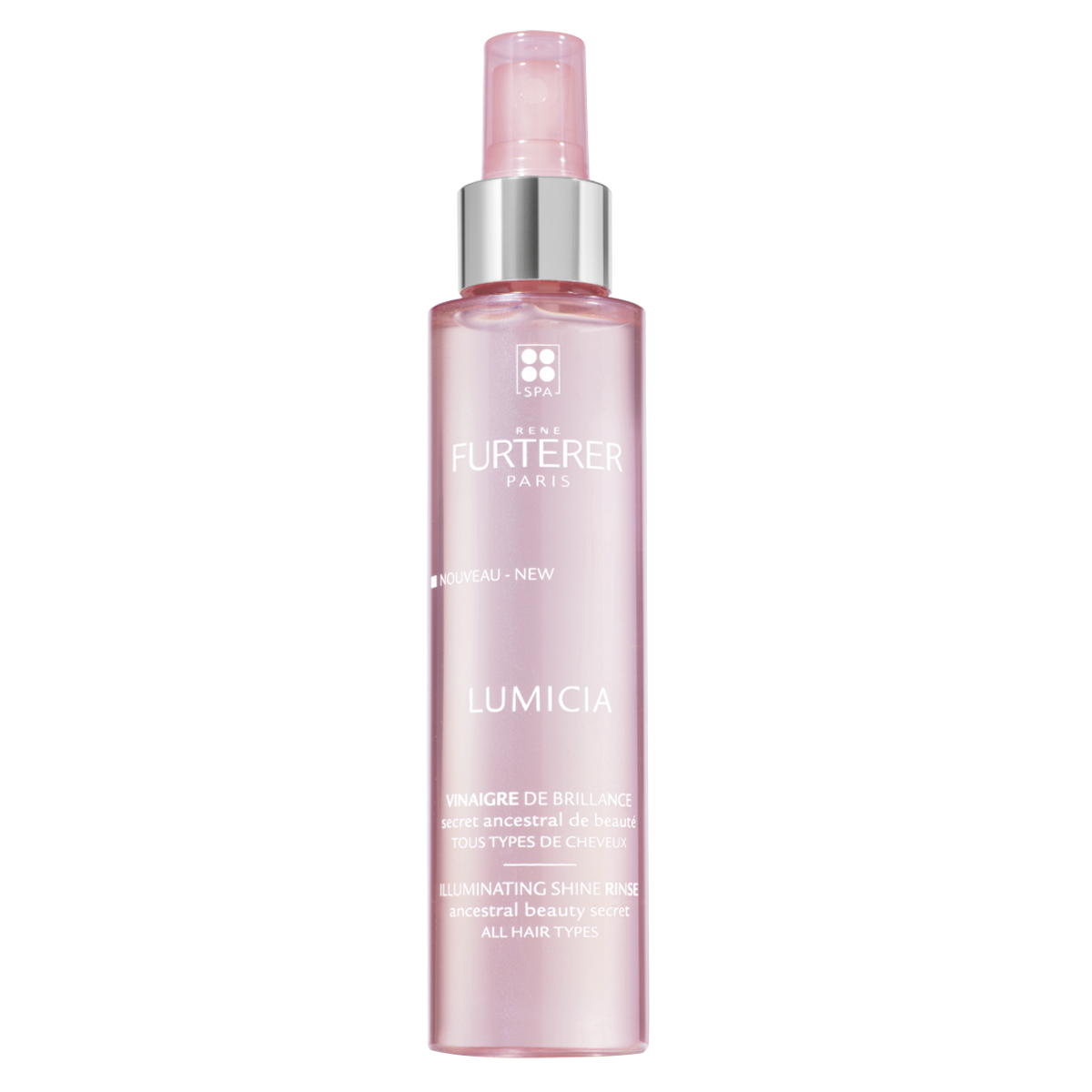
"I love this shine rinse as a healthier alternative for anyone with curled to tightly coiled hair textures who feel like they need to shampoo often to keep their scalps clean," Hill explains. (It's also great for anyone who experiences light dandruff or a flaky scalp.) The magic lies in the cherry-vinegar base which offers healthy clarifying benefits while still maintaining the integrity of the scalp's microbiome without stripping the hair or skin.
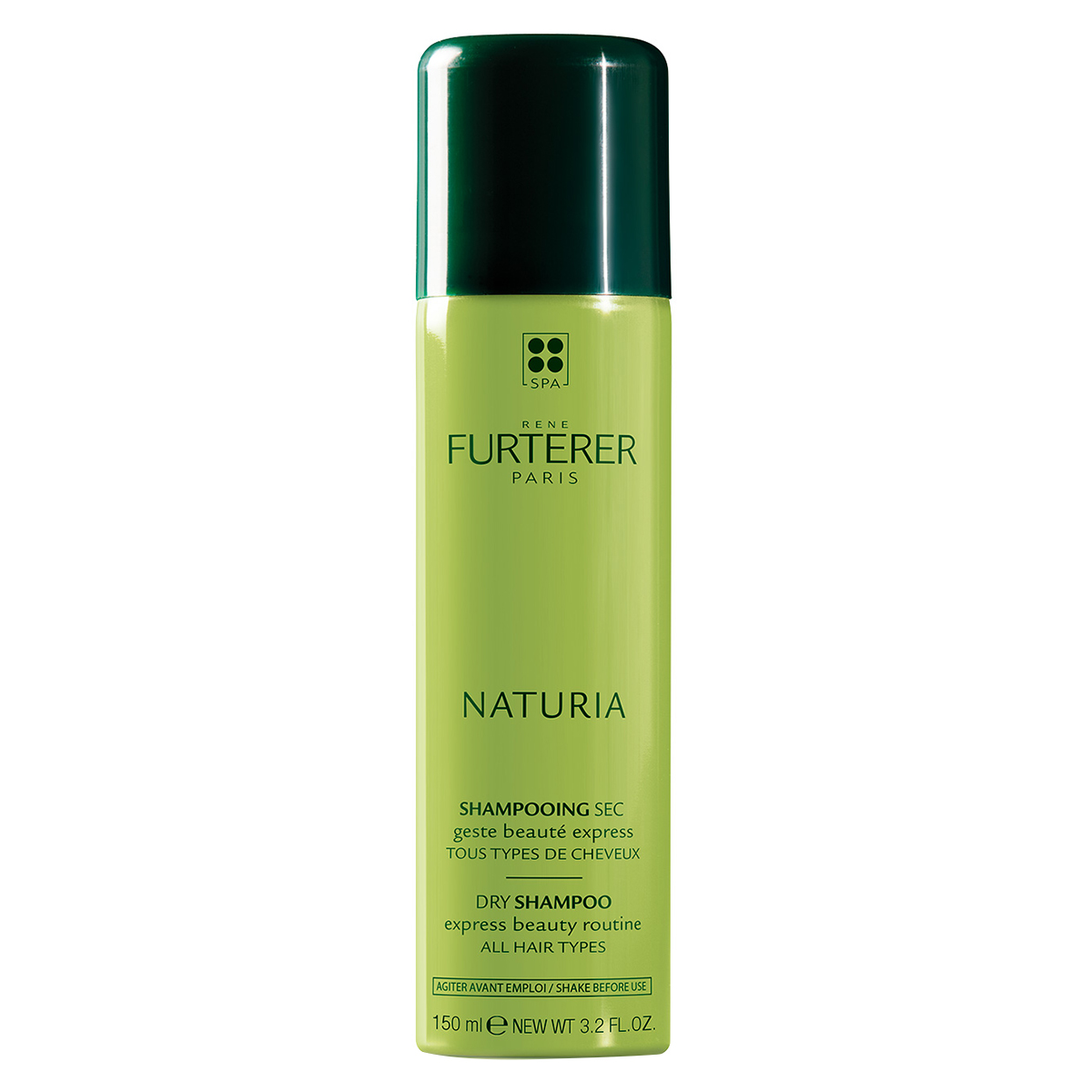
Hill relays that it is essential to find a balance when it comes to using a cleansing agent that will efficiently clean the scalp and hair without disrupting the microbiome, which requires a healthy balance of natural bacteria and organisms.
"This product is the perfect in-between choice for straight to loosely waved hair textures," she notes. "It absorbs natural oils, soothes any irritation on the scalp, cleanses, and tones."
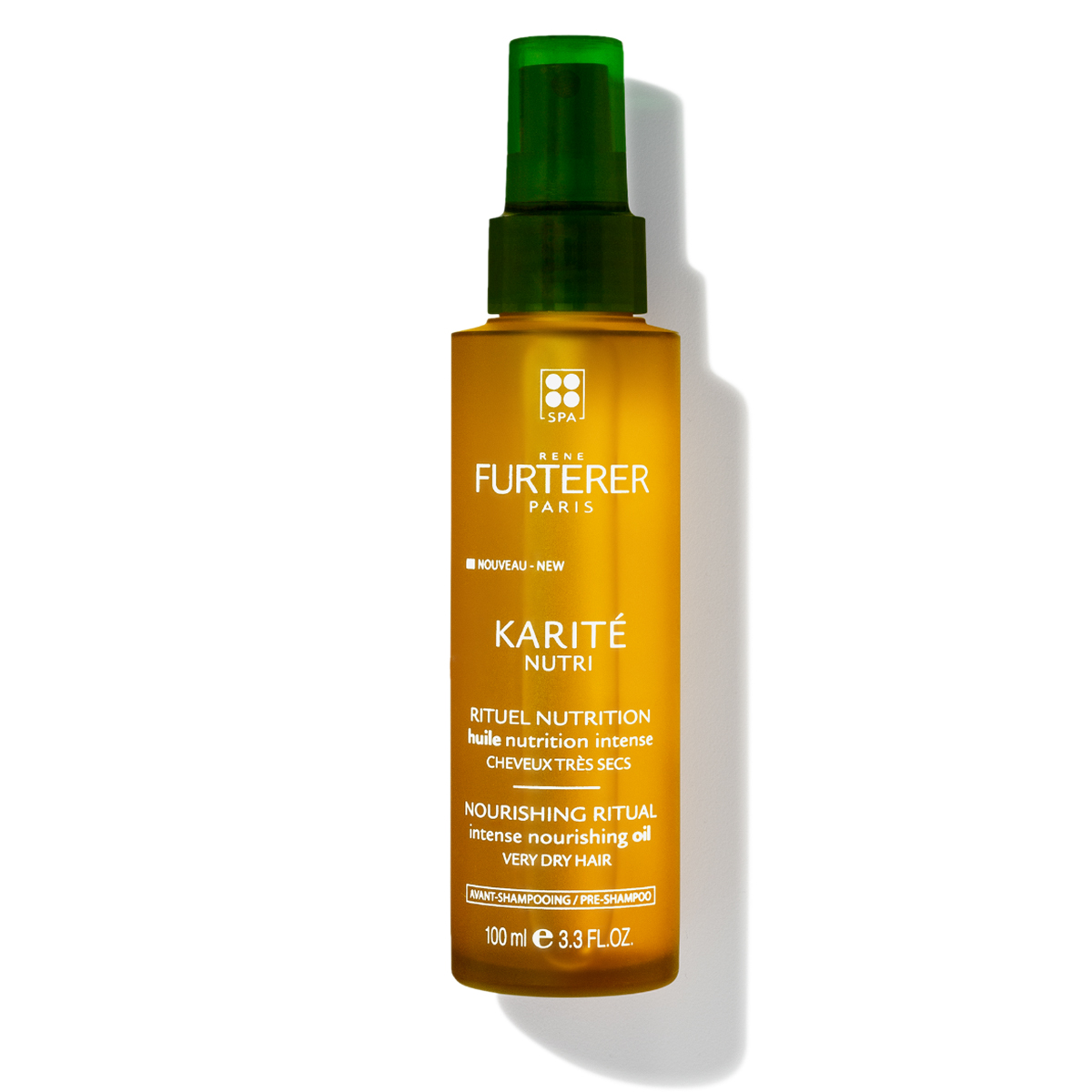
Hill cites this luxe product as a phenomenal pre-shampoo scalp treatment for medium curl to tightly coiled hair textures. "The nourishing properties of shea and phospholipids are excellent for the scalp and hair for these hair textures, specifically, as long as you're not experiencing major buildup or flakiness," she explains.
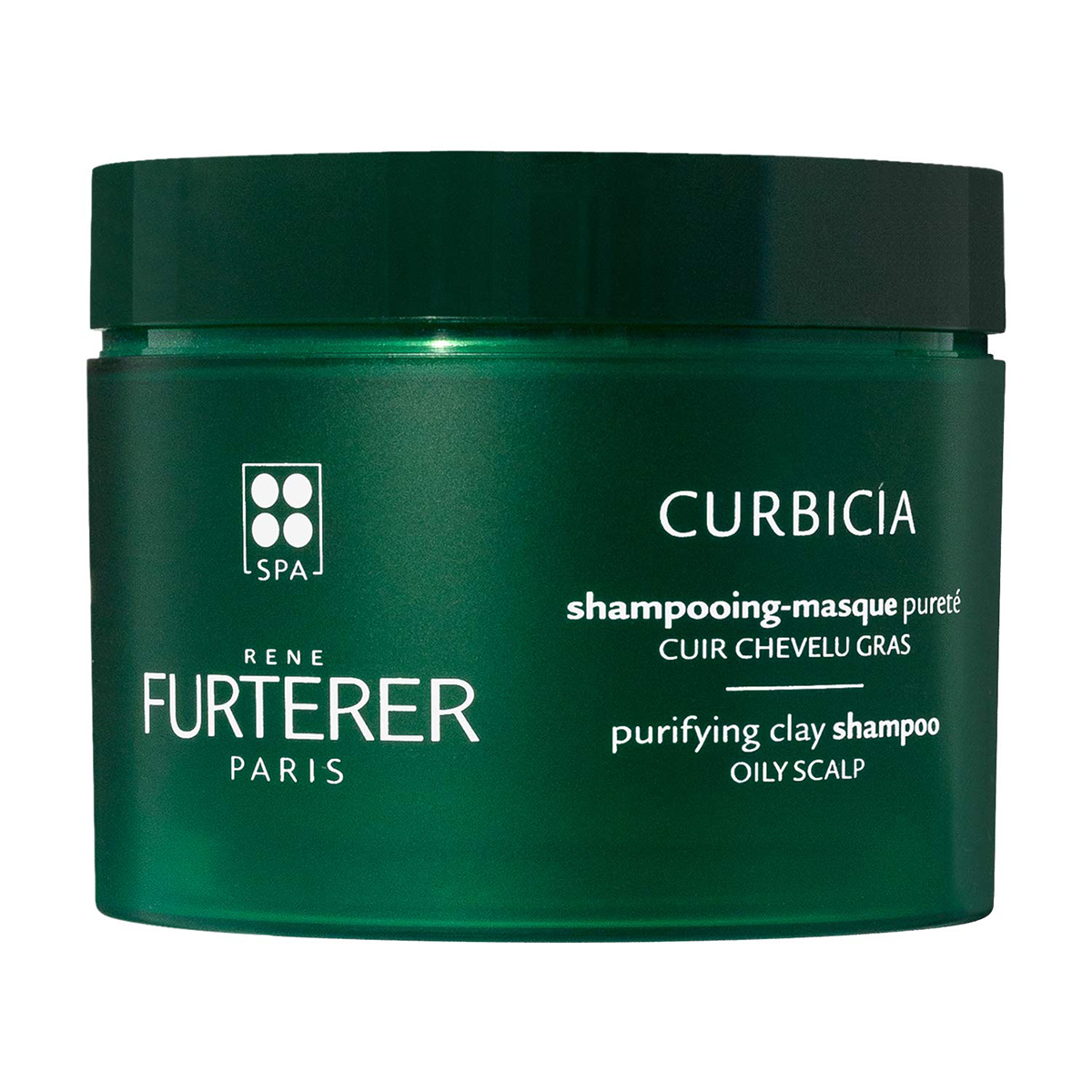
Sure, this pick from Hill is technically a shampoo, but she reveals she often recommends it as a stealthy scalp treatment for clients who have oily scalps due to hormonal imbalances or feel a need to shampoo frequently due to lifestyle habits, like working out often. "This has deep-cleansing, plant-based ingredients such as thyme and rosemary, and the curbicia extract assists with maintaining oil production, which helps lessen your shampoo frequency," she concludes.
Up next, 973 Reviews Later, We Finally Found the Most Effective Shampoos for Hair Growth
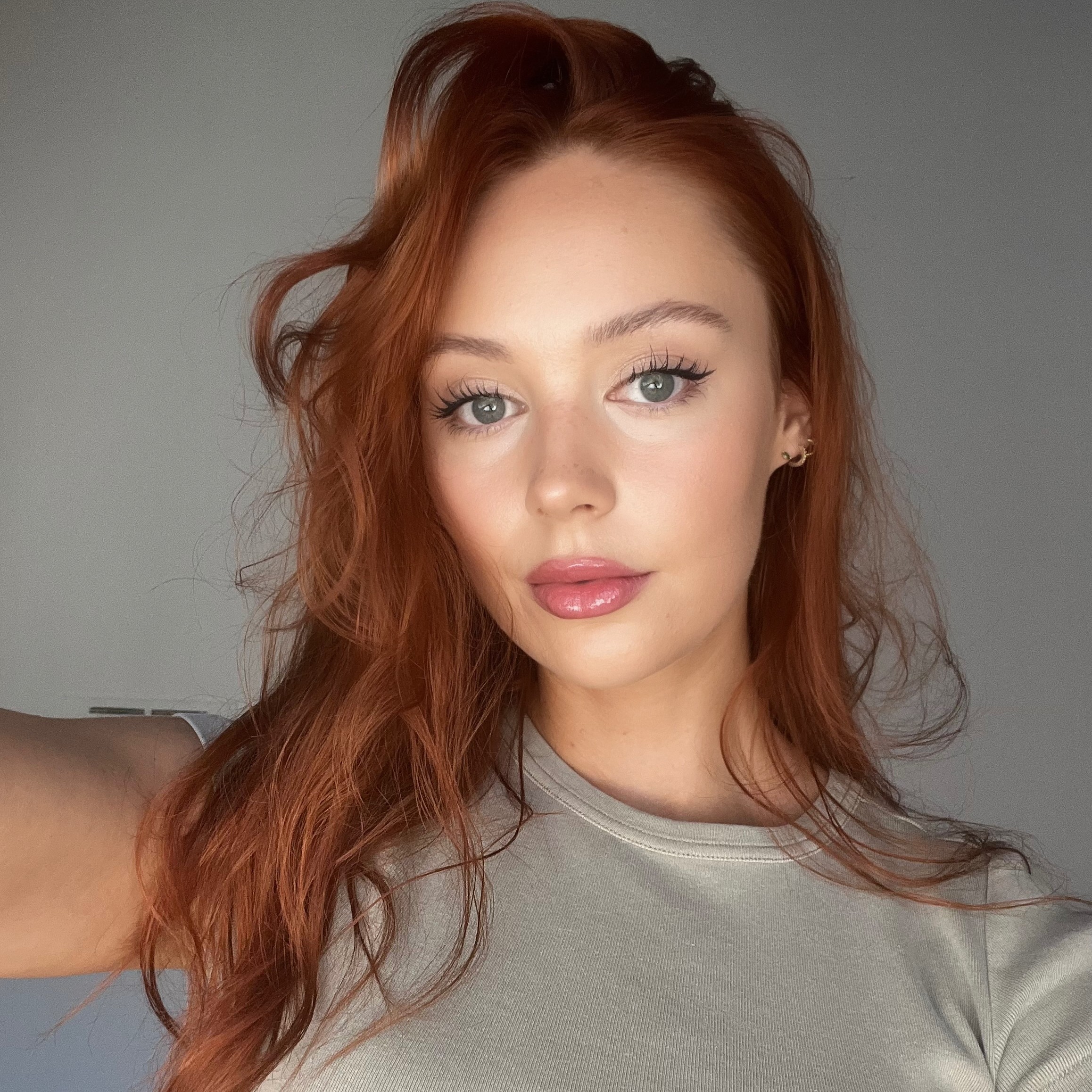
Erin has been writing a mix of beauty and wellness content for Who What Wear for over five years. Prior to that, she spent two and half years writing for Byrdie. She now calls Santa Monica home but grew up in Minnetonka, Minnesota, and studied writing, rhetoric, and communication at University of Wisconsin, La Crosse. She studied abroad in Galway, Ireland, and spent a summer in L.A. interning with the Byrdie and Who What Wear family. After graduating from UW, she spent one year in San Francisco, where she worked as a writer for Pottery Barn Kids and PBteen before moving down to L.A. to begin her career as a beauty editor.
